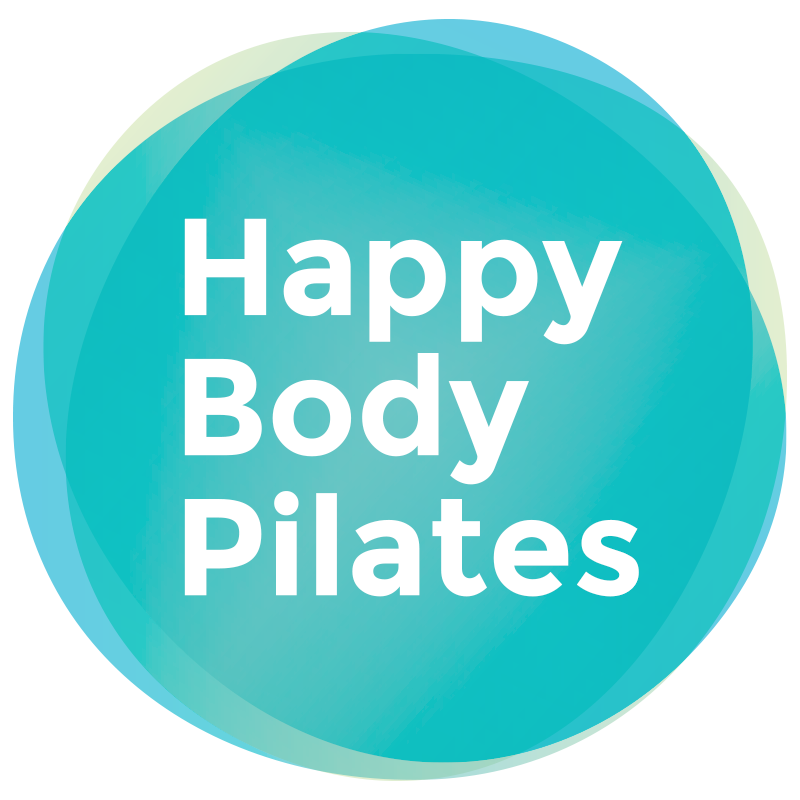Strength through menopause: building power, balance and confidence in your 50s
Why lifting weights in midlife supports your metabolism, mood and independence, no matter what menopause brings.
If you’re in your 50s and feeling like your body has changed overnight, you’re not alone.
Many women describe this stage as ‘shifting sands’. Weight seems harder to manage, sleep changes, and joints that once felt fine now ache after simple tasks.
It’s easy to think: “What’s the point? Maybe exercise doesn’t work for me anymore.”
But here’s the truth, it does work. It just needs to work with your body, not against it.
What’s really happening during menopause
During perimenopause and menopause, levels of oestrogen and progesterone naturally decline.
These hormones don’t just affect mood and hot flushes, they play a crucial role in muscle maintenance, bone health, and metabolism.
When they drop, it can feel like your body’s switched gears:
You may lose muscle more quickly (known as sarcopenia)
Your body may store fat differently (especially around the abdomen)
Joints can feel stiffer due to reduced collagen and cartilage support
But here’s the empowering part: you can train your body to adapt.
1. Strength training supports your metabolism and weight
Muscle is your metabolic engine. The more you maintain or build, the more energy your body burns, even at rest.
According to NHS guidance adults should do muscle-strengthening activities at least twice a week to preserve muscle and bone. This becomes even more important after menopause, when natural muscle mass starts to decline.
A review in Oxford Academic’s Journal of the Endocrine Society found that resistance training improves insulin sensitivity and reduces central fat storage in postmenopausal women, helping regulate weight and lower chronic disease risk.
That means strength training doesn’t just change how you look - it changes how your body works.
2. It protects your bones, and your future independence
Oestrogen helps keep bones dense and resilient. When it declines, bone breakdown can outpace repair, raising osteoporosis risk.
That’s why weight-bearing and resistance exercises are essential at this stage. The National Institute of Arthritis and Musculoskeletal and Skin Diseases (NIAMS) and Age UK both highlight that regular strength training slows bone loss, improves balance, and reduces fall risk - all of which protect your independence in later life.
Even small, consistent loads (like dumbbells or resistance bands) stimulate your bones to stay strong.
3. It helps with joint pain and mobility
Many women hesitate to lift weights because of joint pain, especially knees, hips, or hands.
But controlled, well-structured strength training can actually reduce joint discomfort.
Research in Oxford Academic’s Rheumatology Advances in Practice shows that progressive resistance training strengthens the muscles around joints, improves range of motion, and lowers pain perception in people with osteoarthritis.
The key is technique and progression, moving in a safe range, using proper form, and allowing your body to adapt over time.
4. Strength training improves mood, sleep and energy
Menopause can affect mood, focus, and sleep, often because of hormonal fluctuations and stress.
Strength training acts like a natural antidepressant and sleep regulator.
A meta-analysis in the British Journal of Sports Medicine found that people who regularly do resistance exercise have up to a 20% lower risk of depression, while other studies show improved sleep quality and daily energy among postmenopausal women who strength train.
Lifting weights isn’t just physical - it’s emotional resilience in motion.
Strength training isn’t about becoming someone else. It’s about feeling more like yourself.
Forget the ‘bulky’ myth. Strength training in midlife isn’t about size, it’s about stability, steadiness, and self-trust.
It’s about:
Moving without fear of hurting yourself
Feeling strong in your clothes, your body, and your choices
Knowing that you’re building a foundation that will carry you into your 60s and beyond
If you’re ready to feel strong through the shifts of menopause, start with movements that meet you where you are - not where you used to be.
Join my Strength Training Foundations Programme. Safe, supportive, and designed for women navigating change - physically, hormonally, and emotionally.
Or, if you’re ready to progress further: move into the Strength Accelerator Programme for structured challenge and confidence building.

